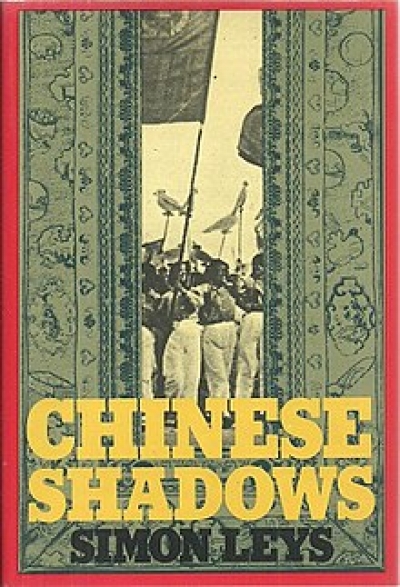China
In October 1993 I picked up a copy of Window, the ‘Weekly Hong Kong Newsmagazine with Exclusive Coverage of China’ and found in the Business and Finance section a Profile, ‘Bob Hawke’s Eagle Eye in Asia’. There was a photograph of the Eagle, who described himself as a ‘business commentator and facilitator of increased enmeshment in Asia’. This was certainly a confident label. Reading on I discovered that Hawke saw himself as ‘overwhelmingly responsible for the vision of Australia as part of Asia’. He told the reporter than in his first days as Prime Minister he had used the phrase, ‘our future lies in enmeshment with Asia’, a sentiment that was at first greeted sceptically, but now, Hawke claimed, ‘no one questions the wisdom and correctness of Hawke’s vision. No one.’ Emphatic stuff, claiming sole credit for long term shifts in opinion and cultural practice, while dismissing the doubters. If that was all there was to my theme, this would be a very brief history indeed.
... (read more)


